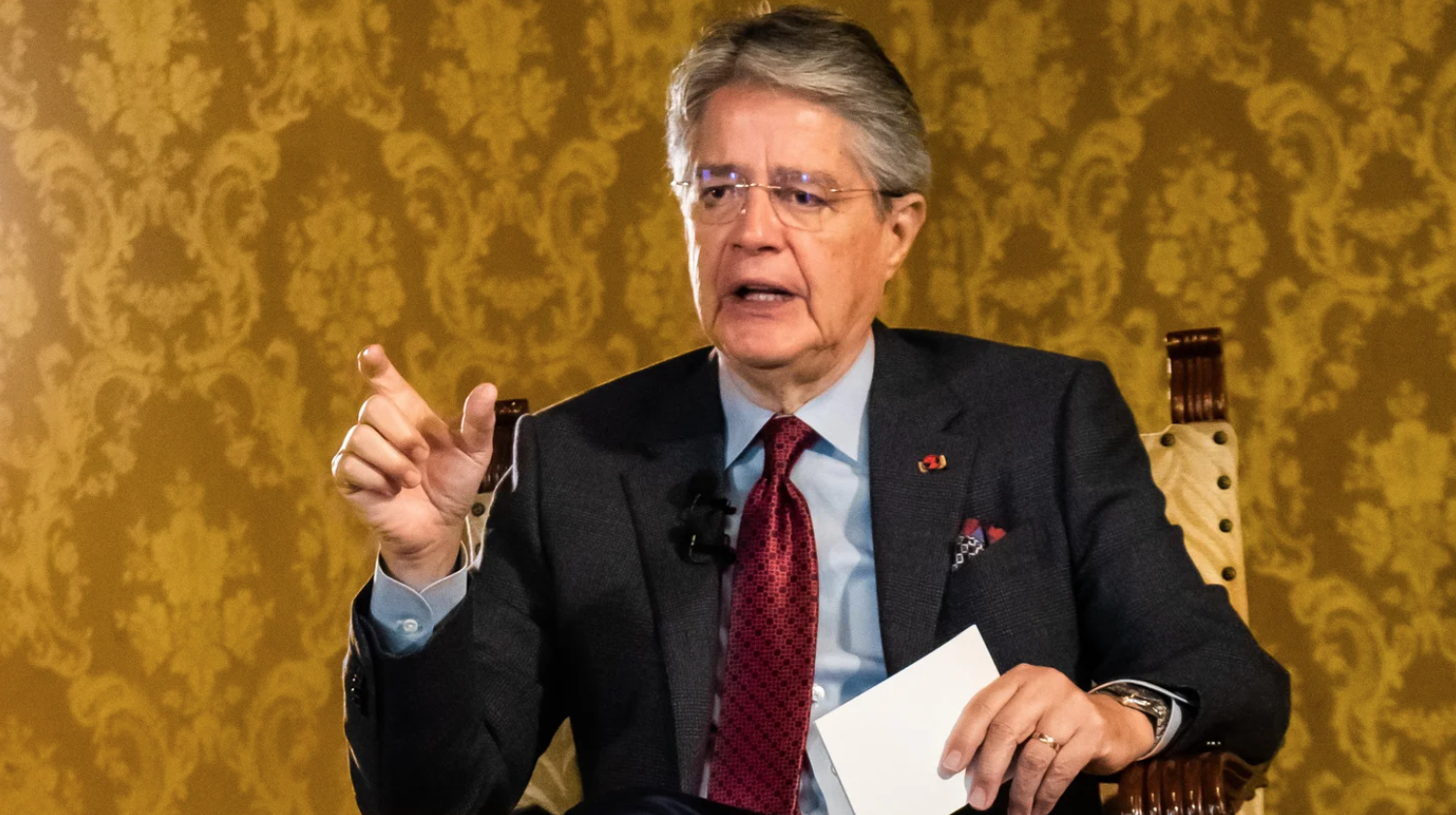Ecuador is about to resume the deliberation on political reform and President Guillermo Lasso has formulated a list of questions to be considered for the popular consultation, which would be approved by the Constitutional Court. This instance will have to qualify if such questions proceed through the modality of amendments, reforms, or, failing that, merit a treatment by a Constituent Assembly: these are the three modalities established by the Constitution for institutional reforms.
There are many considerations behind the President’s call for popular consultation. Undoubtedly, the regime needs to renew its weakened acceptance, reduced to 17% after a little more than a year of its possession, when it reached 75%.
But beyond a legitimization maneuver, the regime aims at influencing three issues that are relevant in the country’s current political situation: citizen security, institutional reform, and environmental protection.
In terms of security, the proposal aims at improving the levels of cooperation between the Armed Forces and the police, a proposal that has already been addressed by the Constitutional Court and has received insufficiently clear and definitive answers. The Court has responded on the basis of the traditional principle of state sovereignty, under which the role of the Armed Forces is exclusively that of border protection in the face of possible conflicts with other countries.
The Government considers that it is appropriate to regulate a greater involvement of these forces in the management of internal security through complementary tasks to those of the National Police. Currently, this collaboration can be given through a declaration of emergency or exceptionality, which implies the suspension of citizens’ rights. According to the Government, the permanent collaboration in cases restricted to transnational crimes, also called “organized crime”, would not imply the suspension of these rights nor the intervention of the Armed Forces in the police tasks of civil protection. In this way, the amendment would not be regressive in rights nor would it alter the organizational structure of the State, both, constitutional limitations that could invalidate them.
The second question in the area of security raises the extradition of those involved in crimes such as drug trafficking, money laundering, human trafficking, and arms smuggling. The current Constitution would not contain tools to deal with these new types of crime, in which the level of threat exceeds the powers of national sovereignty.
As we can see, we are facing here what could be characterized as an initial implementation of a regional and global cooperation policy on the issue. The third question complements this first axis and proposes giving autonomy to the State Prosecutor’s Office in the functions of evaluating and sanctioning prosecutors, which currently is found in the Judiciary Council.
The second set of questions refers to political reform. It is in this matter that the substantive aspect of the consultation will surely be considered. It is about eliminating the powers in the nomination of control bodies (Controllership, superintendence, Attorney General, Ombudsman, etc.) from the Council of Citizen Participation and Social Control (CPCCS), the so-called fifth power, and returning it to the Legislature. The 2008 Constitution transferred this power to this council, which is currently recognized as the most responsible for the institutional crisis.
In the presidential proposal, returning the nomination powers to the legislature, paradoxically, ends up reinforcing hyper-presidentialism by giving the Executive the power to designate the candidates to integrate such functions, thus leaving to the legislature the role of its formal nomination. The proposal would seem to respond to the urgency of the moment: to prevent its main opponent, Correa’s supporters, from taking over such spaces by replacing the current conformation of the Participation Council, which would channel the integration of the control bodies with allied officials.
The questions in this block are completed with proposals to reform the electoral and political party system: the reduction of the legislature size (from the current 137 representatives to a figure of around 100 representatives) and the obligation for political parties to respect internal democracy protocols to access the party fund.
Here again, the proposal is weak and imprecise: reducing the size of representation and conditioning through updated technological records (biometrics in the certification of party membership and monitoring of internal democracy mechanisms in exchange for access to public funding) would not seem to be sufficient to achieve the proposed objective. The questions referring to environmental protection (control of the affectation of water sources and economic retribution to those who protect the environment) seem to be designed mainly to attract adhesions to it.
The formulation of the reforms, to be read by small groups of experts, has received weak treatment despite being supported by 476 pages of annexes. President Lasso’s consultation aims to solve central problems of democracy that would require more consistent deliberations and deeper modifications, but it is confronted with the consultation, an instrument of direct democracy, which, in its application, could be contaminated by political interests that do not reasonably face its degree of complexity.
It remains to wait for the pronouncement of the Constitutional Court on the adequate way to process the questions, but the degree of institutional deterioration in which the country finds itself would seem to lead the forces toward the need to discuss an integral examination of the constitutional text. This process could necessarily mean the convocation of a Constituent Assembly.
Translated from Spanish by Janaína Ruviaro da Silva











